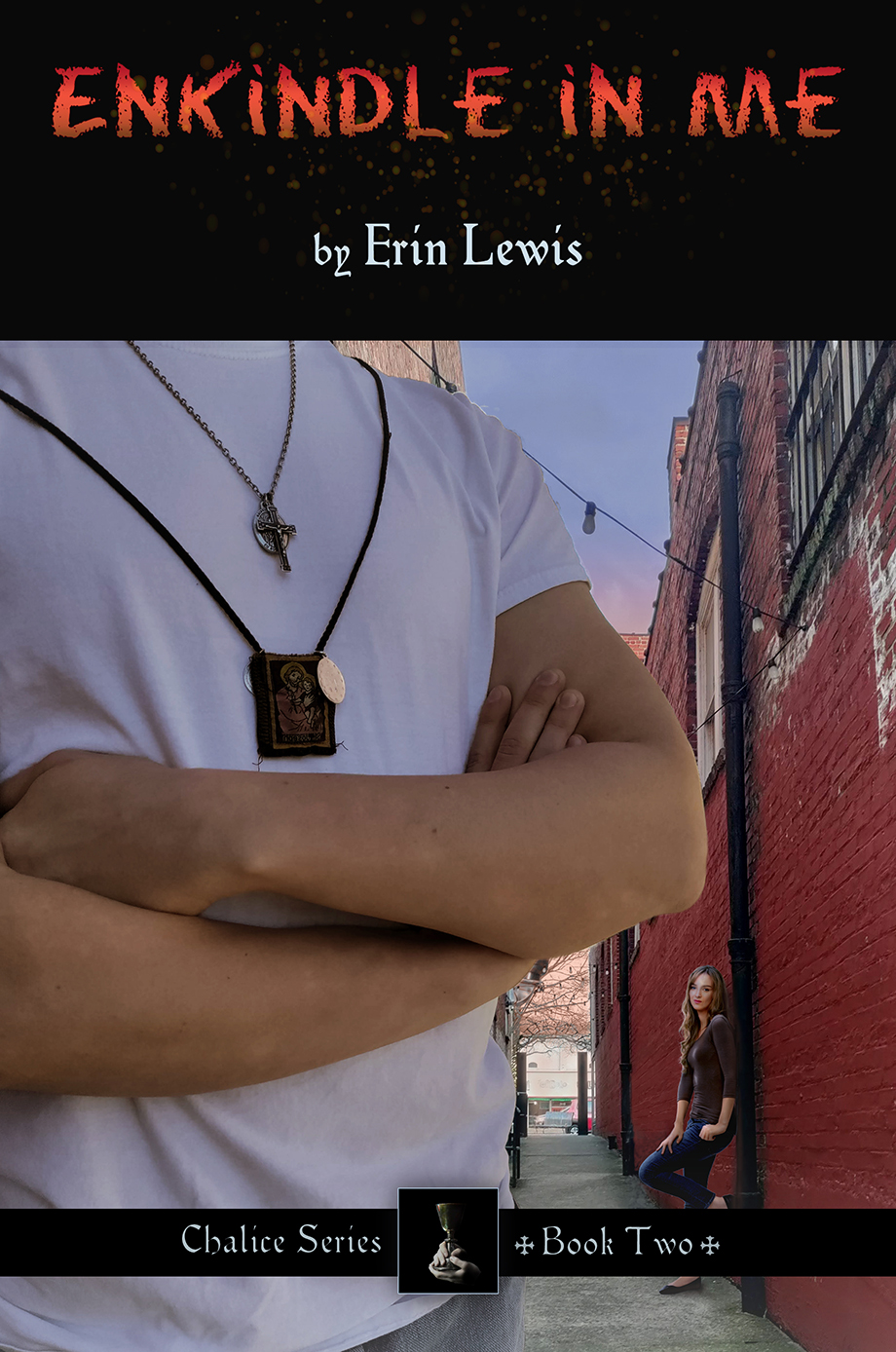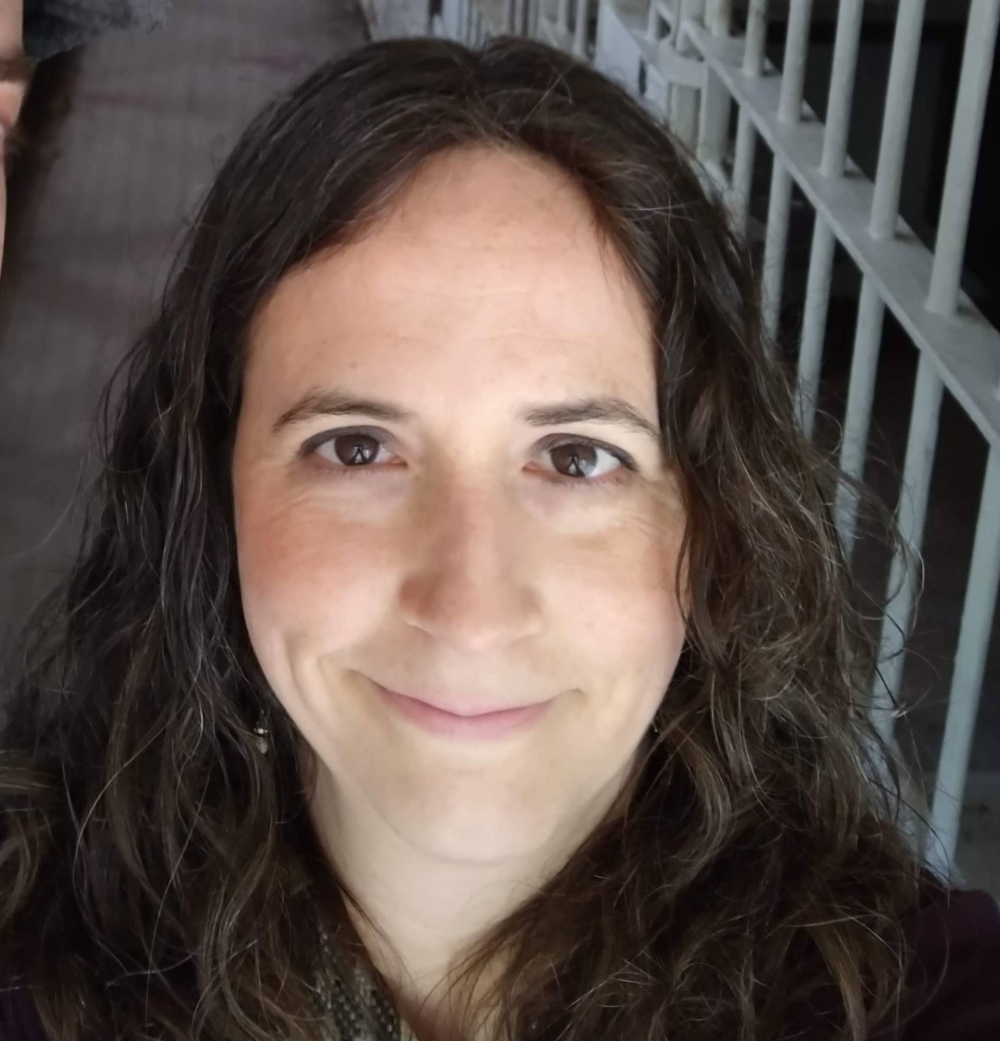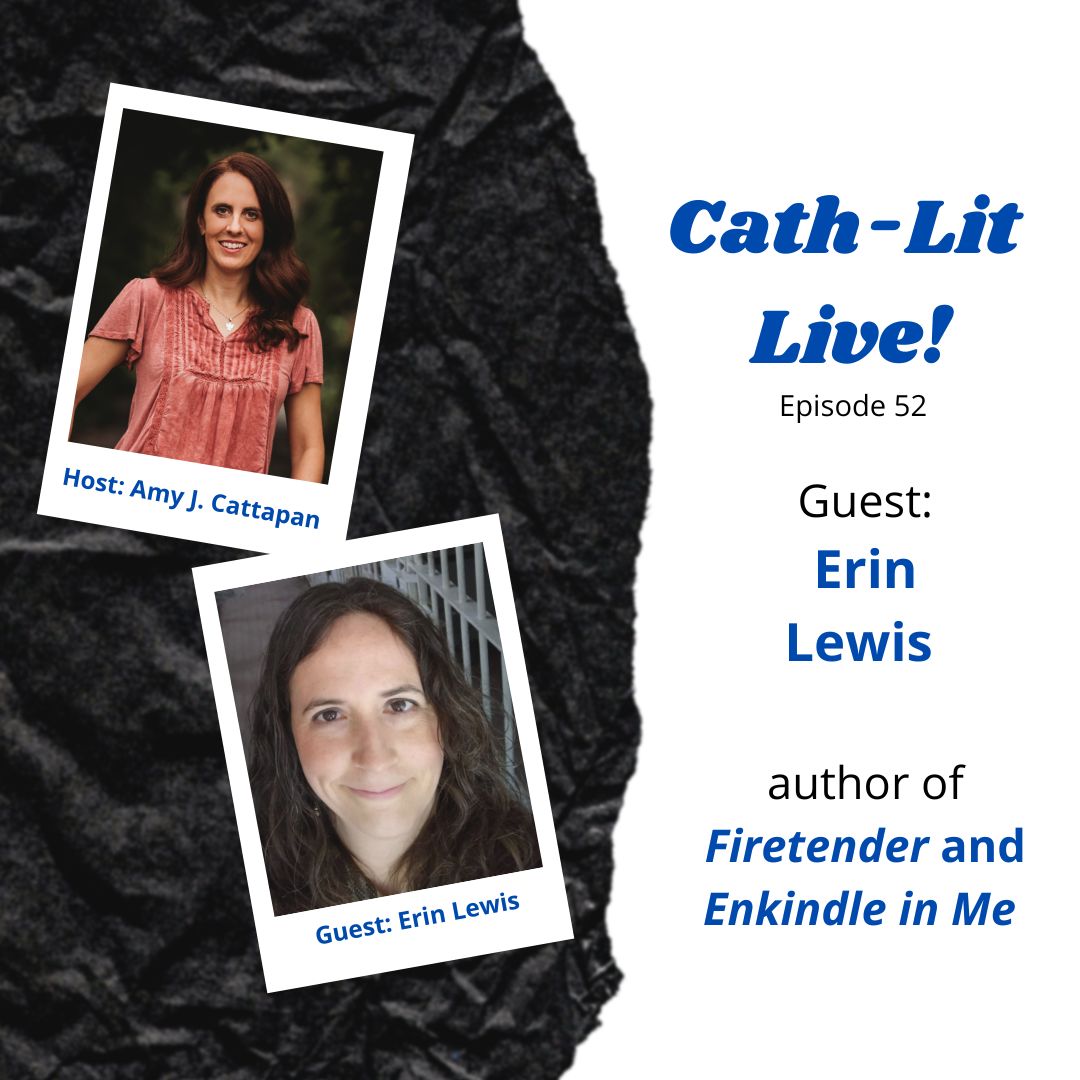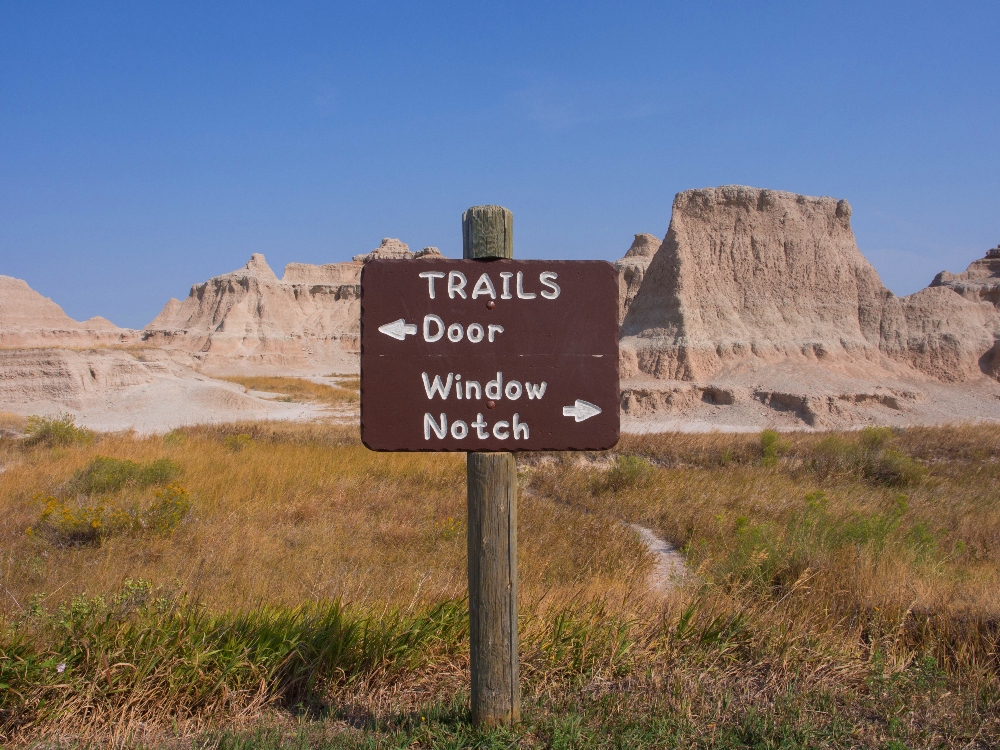By Janice Lane Palko
You’ve seen those Ancestry commercials about people who believe they are one race or nationality and then take a DNA test and find out they are not who they thought they were. My husband could be featured in one of those commercials.
This past Christmas, I bought him a DNA test because my parents had had their DNA tested as a gift for me and my siblings. Hence, I thought testing my husband would give our children a clearer picture of their genetic heritage.
My parents’ tests confirmed what my great-grandparents and grandparents had always told me—that I was predominantly Irish, with a splash of English, Welsh, and German. My hubby has always believed that he is half Italian and half Slovak. Imagine our surprise then when I opened the Ancestry email two days after Christmas and learned that he was 29 percent Italian, 25 percent Slovak, and, faith and begorrah, 19 percent Irish! Where did his green roots come from? We still have no idea.
My mother, whose maiden name is Hughes, registered 11 percent Irish and 50 percent Great Britain. Technically, my husband was more Irish than my Irish mother. The target of good-natured jokes from my family over the decades for not being Irish, my hubby now is one of the clan. He has taken great delight in his newly found heritage, lording it over my family, prompting him to don his “Who’s Your Paddy?” T-shirt reserved only for St. Patrick’s Day wear. The axis of our world has shifted a bit, and now I will have to throw away the “Honorary Irishman” button I gave him 36 years ago when we were first dating.
Accompanying the DNA test came a free month’s subscription to the Ancestry website, and I took full advantage of it. I discovered some things along the way. I learned that one paternal great-grandfather, James Lane, had a mother named Mary, a sister named Mary, two wives named Mary as well as a daughter named Mary, which made keeping all the Marys straight very difficult. I learned that a maternal great-great grandfather, who the family had been told had died when my great-grandmother was very young, most likely skipped town to take up with another woman in Colorado. I also learned that my English great-great grandmother who owned a bar, smoked a pipe, had a tattoo, and a pet parrot (I must have descended from sea captains.) and had 13 children was not widowed as had been reported by my late grandfather. She had divorced her husband as her marriage license to her second husband, my great-great-grandfather, stated because of “cruelty and barbaric abuse.” She went on to have a set of twins, one of whom was my great-grandmother. While Catholics dominated my heritage (hence the myriad Marys), I did find some Welsh Baptists and Cornish Methodists among the lot.
However, the most stunning discovery was that I had a fifth great-grandfather, Martin Short, (not to be confused with the comedian and actor), who came from Dublin in 1750 to the U.S. and fought at the battles of Bunker Hill and Yorktown and crossed the Delaware with General George Washington.
In addition, I learned some other, more important things. First, life matters. Although in this day and age, we treat it rather cavalierly, why, if life were not so important, would our ancestors have taken such pains to record births and deaths and chronicle who we have descended from?
Second, as writers, we provide a link to the past. I taught memoir writing for a number of years, and I always urge everyone to write their life story. What we put on paper today may one day offer clues, insights, or inspiration to someone yet to be born.
Third, you are dead for a very long time. My searches revealed a few relatives who died days after birth or as young children and one centenarian. However, no matter how long any of them lived, most have now been dead longer than they were alive, and with each passing day, they are even “deader.”
We will all eventually be dead longer than we have been alive. Therefore, plan accordingly. Make the most of your time on stage. Dream big, write beautifully, love with passion, leave a legacy. And all the while, prepare for your eternity. What you do now will determine where you will be later.
Finally, whether you think you are one nationality or ethnicity and you find out that you are not, or whether you find heroes or scoundrels or just common housekeepers, coal miners, railroad laborers, or shopkeepers in your background or not, it really doesn’t matter. Jesus posed this question of his disciples: Who do you say that I am? We should also ponder the converse. Who does He say that we are? What is our real identity? What He tells us is that we are His fallen creation, who He reclaimed for Himself on the cross so that we could become His beloved children and live with Him in eternity.
While it is interesting to know where you’ve come from, it’s more important to know where you’re going. That supersedes any knowledge of our earthly identity. Cling to your heavenly heritage because it’s the only one that truly lasts.







![By NASA/Ames/JPL-Caltech [Public domain], via Wikimedia Commons](http://blog.catholicwritersguild.com/wp-content/uploads/2016/04/Kepler-452b_and_Earth_Size-1024x576.jpg)

